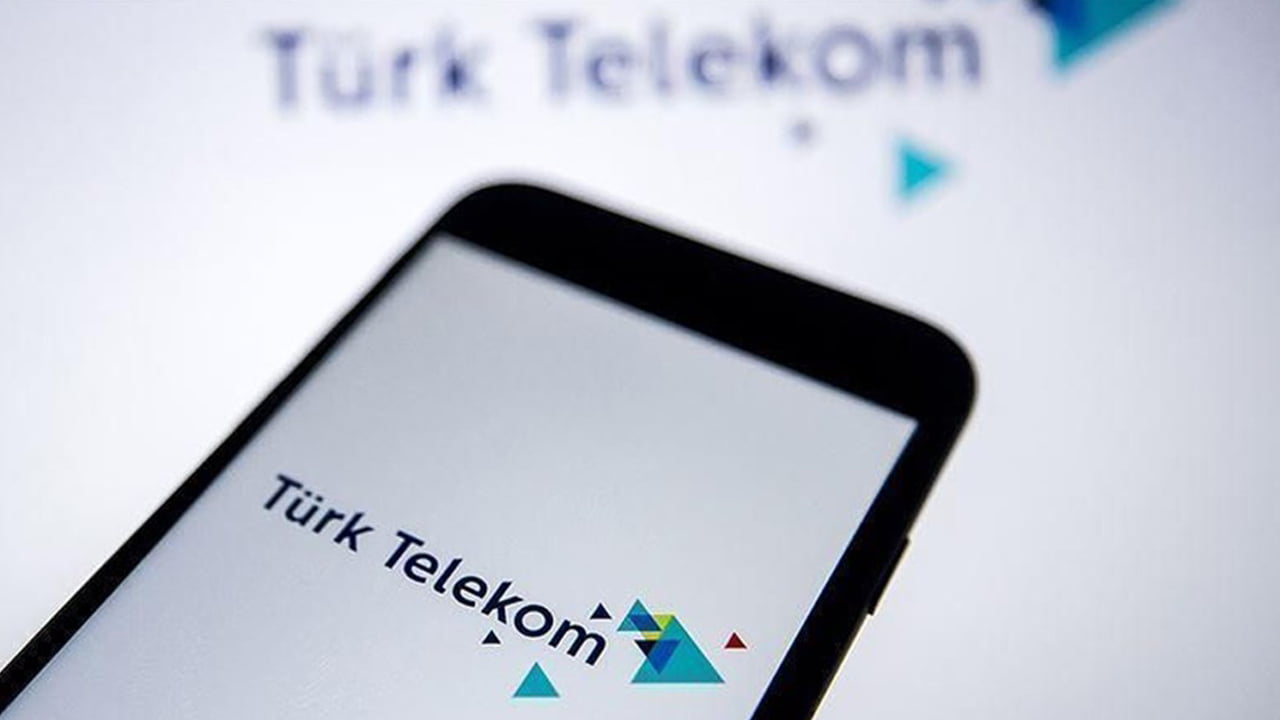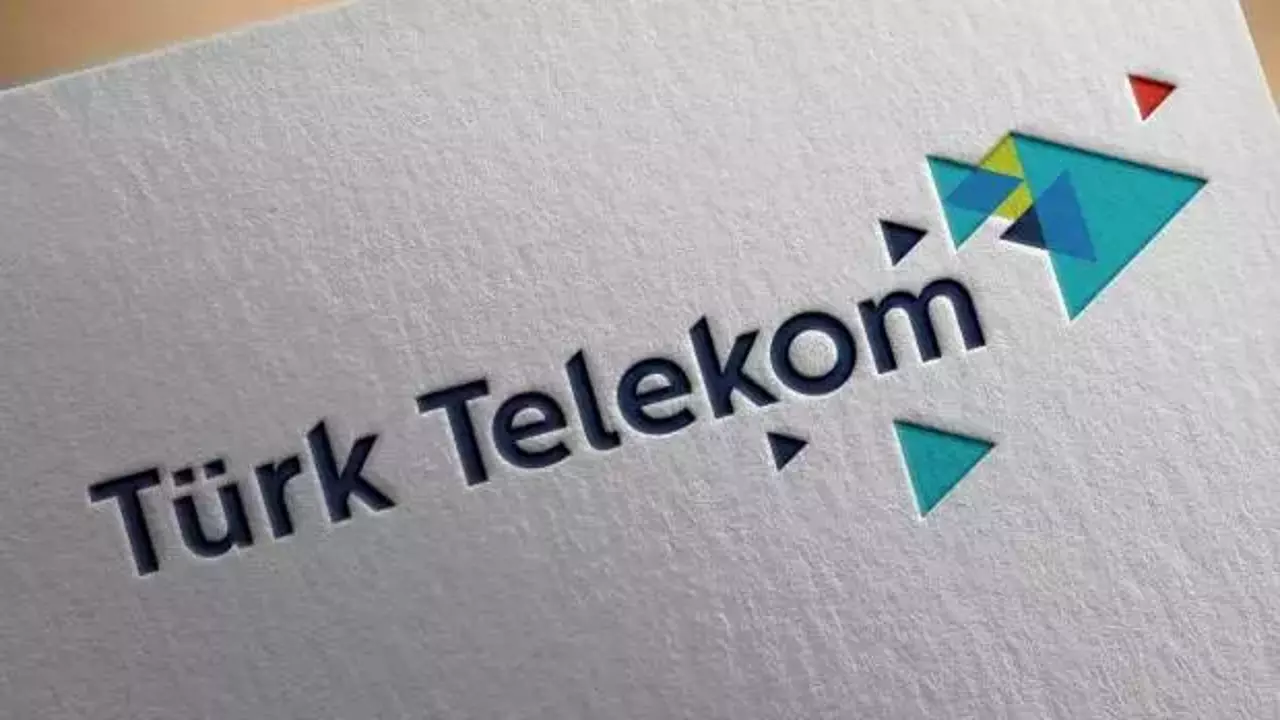Türk Telekom CEO Ümit Önal, speaking about Turkey’s digital transformation, announced that the company offers an average connection speed of 358 Mbps nationwide. Önal stated that the company contributes to the digitalization of individuals, institutions, and public infrastructure with a fiber network spanning 482,000 kilometers and coverage reaching 33.2 million households. He also stated that this infrastructure offers a strategic advantage in the implementation of next-generation technologies.
Türk Telekom’s connection speed draws attention
Önal emphasized that the company plays a role as a digital infrastructure provider not only in Turkey but also in the region. He announced that Türk Telekom will provide the fiber infrastructure installation under an agreement recently signed with the Turkish Republic of Northern Cyprus.

A $150 million investment is planned for the project. The goal is to provide fiber access to 150,000 households within one year. The current average internet speed in the TRNC, which is around 10 Mbps, will be increased to 1 Gbps with the project. The investment is expected to be completed in 18 months. Additionally, the 25-year concession period applied in Turkey is expected to apply to the TRNC.
Türk Telekom’s growth in fiber isn’t limited to investments. According to the latest report published by the FTTH Council Europe, Turkey is among the five fastest-growing markets in Europe in terms of fiber infrastructure. The FTTH/B coverage rate in Turkey has reached 76.9 percent, exceeding the European average of 74.6 percent. According to the report, the number of FTTH/B subscribers in Turkey has increased by 1.2 million in the last 12 months, 0.9 million of which were provided by Türk Telekom.
Preparations for 5G and LTE continue in parallel with fiber investments. Türk Telekom has connected 54 percent of its LTE base stations with fiber. This rate has already exceeded the global 2030 target. The company is expanding its infrastructure investments not only in connectivity but also in sustainable energy.
Türk Telekom, which accounts for approximately 0.4% of Turkey’s total energy consumption, has announced plans to build solar power plants totaling 408 MW in three regions. In the first phase, the 98 MW solar power plant, scheduled to be commissioned in October 2025, is expected to meet 15% of the company’s electricity needs. Önal stated that these energy investments will both reduce costs and environmental impact.
Having invested a total of $21.7 billion since privatization in 2005, Türk Telekom states that it now seamlessly manages data traffic between Europe, the Middle East, and Asia through Türk Telekom International, which operates in 24 countries and 135 locations. This positioning the company as an operator that forms the digital backbone not only of Turkey but also of the region.













